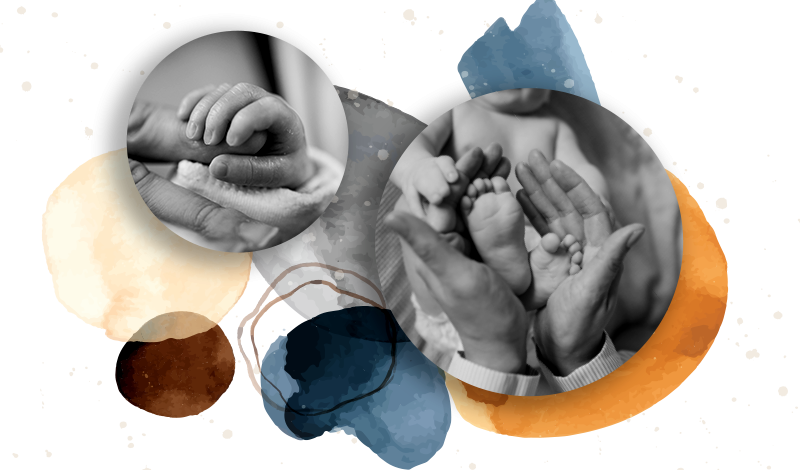Another precinct heard from: evidence from a new study shows yet again that cash assistance, even in relatively small amounts, has a measurable and positive impact on the lives of the neediest Americans.
Denver Basic Income Project Impact
The latest numbers come from Denver, where the Denver Basic Income Project provided unconditional cash transfers to 846 members of the city’s sizable homeless population.
Each participant was assigned to one of three groups, and each group received a different set of payments. Participants in Group A received $1,000 a month for a year,; participants in Group B received $6,500 the first month and $500 a month for the rest of the year; and participants in Group C received $50 a month.
Participants in Groups A and B fared quite well: 44% of those in Group A and 48% of those in Group B were living in a house or apartment after 10 months. But perhaps surprisingly, participants in Group C – the lower-income group – did almost as well: 43% reported that they were living in a house or apartment after 10 months.
In general, the share of participants who were “stably housed” – that is, having some regular place to live and not at risk of losing it – doubled in all three payment groups. After 10 months, about 45% of the program participants were living in a house or apartment that they owned or rented – a remarkably high success rate.
Other results are consistent with the research findings of other programs that provide cash assistance to poor individuals and families:
- There was no increase in participants’ use of illegal drugs – contrary to the assertions of critics who argue that participants would spend their cash assistance on drugs or other inappropriate uses.
- Participants who are parents of younger children reported significantly lower levels of “parental stress” – the anxiety that comes with feeling overwhelmed by the responsibilities of parenthood – after 10 months of receiving payments.
Because the program proved so successful, major donors chipped in to extend payments for another six months. Originally slated to end last January, the program has been extended through this month, albeit to a smaller number of participants.
In its first 12 months, the program dispensed about $6.5 million in cash assistance – making it the country’s largest basic-income pilot program serving the homeless.
The program also saved the city some money. According to the Denver Basic Income Project’s research report, participants in all three groups “demonstrated significant reductions in public service utilization” – including fewer ambulance rides, emergency-room visits, and homeless-shelter stays. In all, the group estimates that the city saved close to $600,000 over the project’s first year.
The success of the Denver program is welcome news in Massachusetts. “The results from Denver are tremendously encouraging,” said Joe Knowles, President of Family Health Project, which runs two basic-income pilot programs in the Greater Boston area. “They confirm what we already know: cash assistance helps change lives, and even relatively small amounts — $50 a month, as we saw in Denver – can make a big difference.”
